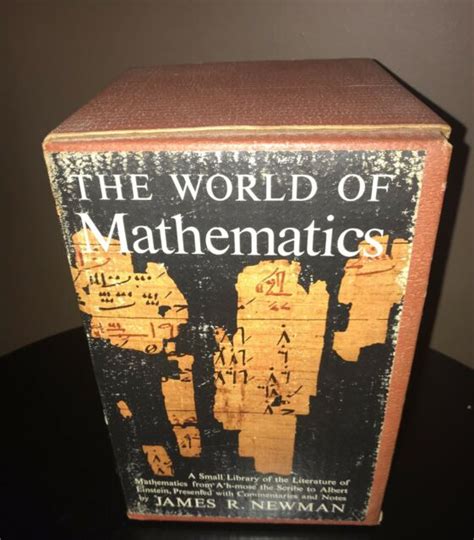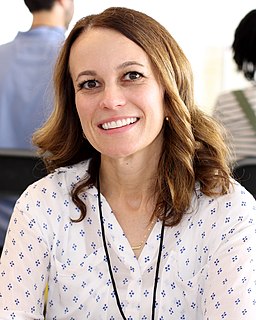A Quote by Paul Samuelson
To a person of analytical ability, perceptive enough to realise that mathematical equipment was a powerful sword in economics, the world of economics was his or her oyster in 1935. The terrain was strewn with beautiful theorems begging to be picked up and arranged in unified order.
Related Quotes
Mathematical economics is old enough to be respectable, but not all economists respect it. It has powerful supporters and impressive testimonials, yet many capable economists deny that mathematics, except as a shorthand or expository device, can be applied to economic reasoning. There have even been rumors that mathematics is used in economics (and in other social sciences) either for the deliberate purpose of mystification or to confer dignity upon common places as French was once used in diplomatic communications.
Anyway that's a large part of what economics is - people arbitrarily, or as a matter of taste, assigning numerical values to non-numerical things. And then pretending that they haven't just made the numbers up, which they have. Economics is like astrology in that sense, except that economics serves to justify the current power structure, and so it has a lot of fervent believers among the powerful
Modern economics is sick. Economics has increasingly become an intellectual game played for its own sake and not for its practical consequences for understanding the economic world. Economists have converted the subject into a sort of social mathematics in which analytical rigour is everything and practical relevance is nothing.
I was teasing my brother that he was penniless, homeless, jobless. Right now in his life, racism isn't the central highlighting force: it's the world of work and economics. It doesn't mean that he isn't influenced by racism, but when he wakes up in the morning the thing that's driving his world is really issues of class, economics and power as they articulate themselves.
I picked economics at the end of my undergraduate time because it seemed to be a really nice combination of theory, including mathematical theory on one hand, and things that are quite practical that you can touch and see and feel. So I picked it, and I consciously thought of it as an experiment to see if I liked it. And it worked.
Conventions of generality and mathematical elegance may be just as much barriers to the attainment and diffusion of knowledge as may contentment with particularity and literary vagueness... It may well be that the slovenly and literary borderland between economics and sociology will be the most fruitful building ground during the years to come and that mathematical economics will remain too flawless in its perfection to be very fruitful.
I started in the law; and the study of law, when it precedes the study of economics, gives you a set of foundation principles about how human beings interact. Economics is very useful, and I studied economics in graduate school. But without understanding the social and organizational context of economics, it becomes a theory without any groundwork.
One of the profound effects of economics in our day is that the people with the money and the power have embraced the guilt-free, external-less, everything-will-turn-out-okay-in-the-end philosophy of economics in order to justify their own evil works. And the economists, for the most part, have sucked up to that money.



































